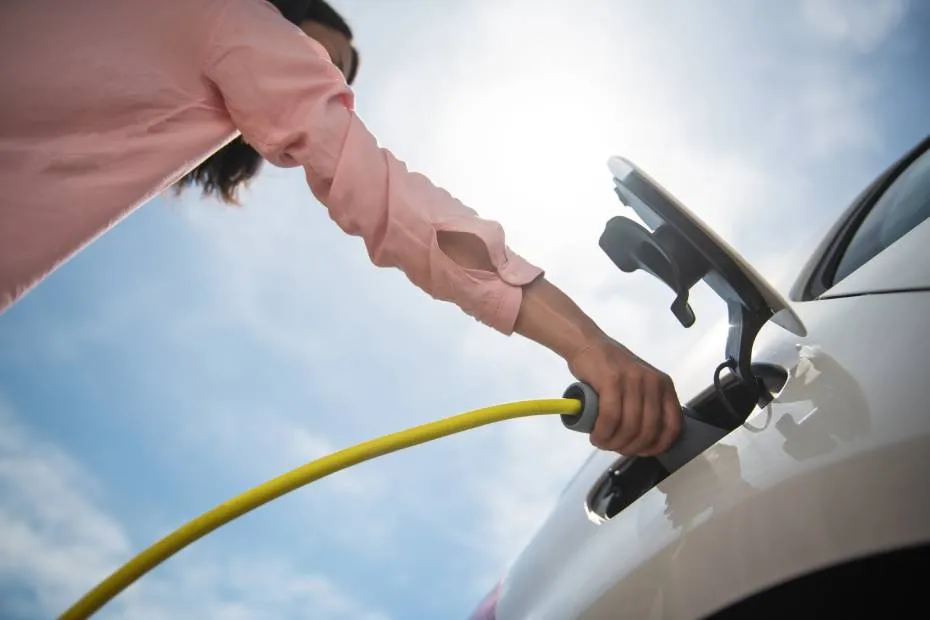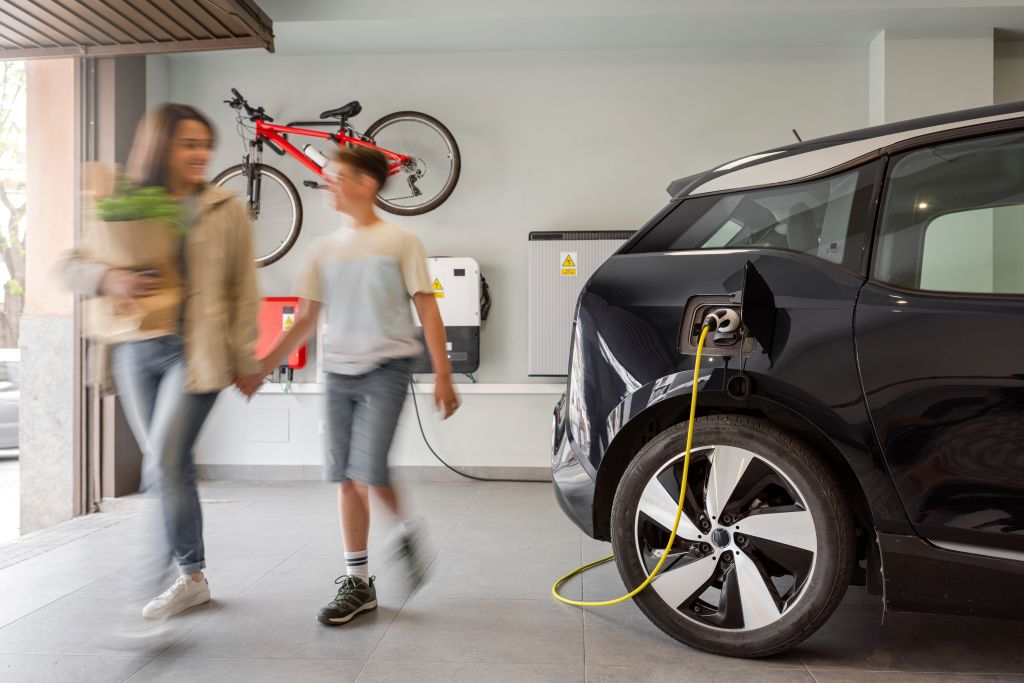Published June 28, 2023 • 3 Min Read
According to Statistics Canada, 123,562 EVs were sold in 2022, compared to just 86,032 in 2021.
And a growing EV sector doesn’t just promise lower gas bills to more Canadians. As adoption gains momentum across the country, EVs could transform the transportation sector, drive job creation and business opportunities, and reduce national greenhouse gas emissions.
Learn about the future of electric cars in Canada as we move towards a zero emission economy.
How is the federal government investing in EV adoption?
The Canadian government has committed millions of dollars to meet EV adoption targets.
Since 2016, the Canadian government has invested over $450 million in infrastructure to support the use and charging of EVs nationwide.
And 2026 targets state that 20 per cent of all vehicles sold in Canada must run on electricity according to proposed federal regulations. This figure increases to 60 percent by 2030 and 100 percent by 2035.
To make EVs more accessible to individuals, the federal government has also committed $660 million via the Zero Emissions Vehicle Program to incentivize and encourage the adoption of zero emission vehicles among Canadians.
Read more: A guide to Canada’s electric car incentive programs
How is Canada’s auto industry responding to demand for EVs?
Manufacturers are capitalizing on the opportunity to create the infrastructure required to build EVs, and to manage the opportunities and challenges offered by this new auto industry.
Volkswagen and the Canadian government partnered to invest over $20 billion ($7 billion from Volkswagen and $13 billion from the government) to develop an EV battery plant in the St. Thomas, Ontario region.
The St. Thomas plant presents various challenges and opportunities for Ontario’s economy.
Potential challenges could include supply chain management and workforce development. For example, one of the critical components of EV batteries, lithium, isn’t produced in Canada and would need to be imported.
On the other hand, opportunities abound for local communities, businesses, and the manufacturers themselves. The St. Thomas plant, set to open in 2027, will create up to 3,000 new jobs for the region, up to 30,000 indirect jobs, and could include contracts for local suppliers.
EV battery recycling, which harvests valuable materials to be reused at the end of a battery’s life could become a new sub-industry, as federal and provincial governments continue to roll out enticing incentives to encourage the growing industry.
What does the future of Canada’s EV charging infrastructure look like?
The increase in electric cars means Canadians need more places to charge their vehicles. And all across the country, you can see evidence of plans to expand EV charging stations to make charging more convenient.
The federal 2030 Emissions Reduction Plan also offers $400 million to build 50,000 more charging stations country-wide, while the Canada Infrastructure Bank is investing $500 million in charging stations and infrastructure.
Municipalities are also embracing new EV infrastructure. The Toronto Parking Authority recently announced the installation of 300 off-street and 100 on-street EV parking chargers by the end of 2023. And in Edmonton you can park your electric vehicle for free if you charge it at $2.50 per hour.
Read more: How to charge your electric car at home
This article is intended as general information only and is not to be relied upon as constituting legal, financial or other professional advice. A professional advisor should be consulted regarding your specific situation. Information presented is believed to be factual and up-to-date but we do not guarantee its accuracy and it should not be regarded as a complete analysis of the subjects discussed. All expressions of opinion reflect the judgment of the authors as of the date of publication and are subject to change. No endorsement of any third parties or their advice, opinions, information, products or services is expressly given or implied by Royal Bank of Canada or any of its affiliates.
Any information, opinions or views provided in this document, including hyperlinks to the RBC Direct Investing Inc. website or the websites of its affiliates or third parties, are for your general information only, and are not intended to provide legal, investment, financial, accounting, tax or other professional advice. While information presented is believed to be factual and current, its accuracy is not guaranteed and it should not be regarded as a complete analysis of the subjects discussed. All expressions of opinion reflect the judgment of the author(s) as of the date of publication and are subject to change. No endorsement of any third parties or their advice, opinions, information, products or services is expressly given or implied by RBC Direct Investing Inc. or its affiliates. You should consult with your advisor before taking any action based upon the information contained in this document.
Furthermore, the products, services and securities referred to in this publication are only available in Canada and other jurisdictions where they may be legally offered for sale. Information available on the RBC Direct Investing website is intended for access by residents of Canada only, and should not be accessed from any jurisdiction outside Canada.
Share This Article






